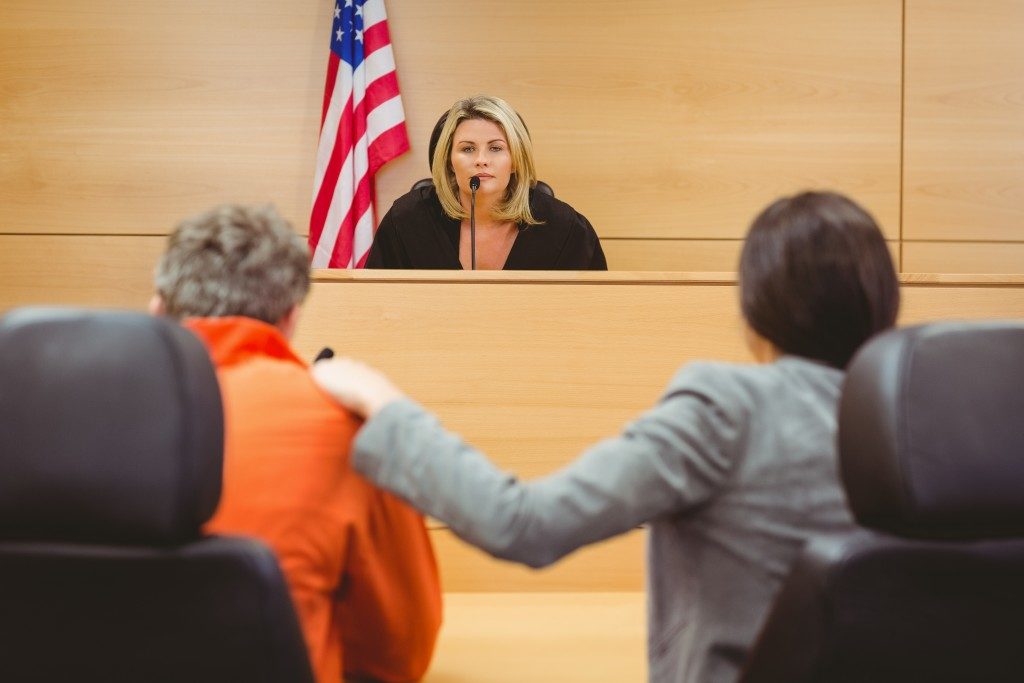The insurance industry is a big part of the United States economy. There are many different types of insurance, and each one serves another purpose.
One of the most common types of insurance is health insurance. Health insurance helps people pay for medical expenses. It can be costly to pay for healthcare out-of-pocket, so health insurance is a great way to protect yourself.
Another common type of insurance is car insurance. Car insurance helps people pay for damages to their car if they are in an accident. It can be costly to fix a vehicle that has been damaged in an accident, so car insurance is an excellent way to protect yourself financially.
There are many other types of insurance, including life insurance, home insurance, and pet insurance. So no matter your needs, there is likely a type of insurance that can help you. However, the problem behind insurance is that they don’t know how to claim for settlements.
People who get insurance likely want to save money or have peace of mind that something covers a particular aspect of their lives. But in some cases, they might never have a chance to file claims. But what happens if you do?
What are Settlements?
Claim settlements are an agreement between the claimant and the insurance company that resolves the claim. The settlement can be for the total amount of the claim or a lesser amount. In some cases, the settlement may include an agreement by the claimant to release the insurance company from any further liability.
When Do You Receive a Settlement?
A settlement usually occurs when the parties reach an agreement about resolving the claim. This agreement may be reached during negotiations, or it may be reached as part of a lawsuit. In some cases, a judge may order the parties to settle.
How Is a Settlement Paid?
The terms of a settlement typically require one party to pay money to the other party. This payment may be made in a lump sum, or it may be paid overtime. In addition, in some cases, the settlement may require the claimant to give up certain rights, such as the right to sue the insurance company in the future.

What Happens If You Don’t Receive a Settlement?
If you do not receive a settlement from the insurance company, you may have to file a lawsuit to recover your damages. This can be a costly and time-consuming process, and there is no guarantee that you will win.
It is always best to reach a settlement with the insurance company before filing a lawsuit. You should also try to get a settlement with the other party. Going to court should be your last option as it will only drain you of your time and resources.
Receiving settlements from their insurers is what claimants hope for however, sometimes, it doesn’t happen. What if claimants don’t know how to negotiate? Or what if they’re not sure how to go about the whole process and don’t want to go to court? Then they would need to hire a lawyer.
Although insurance companies have the upper hand in these situations, having an experienced lawyer by your side can level the playing field and increase your chances of receiving a fair settlement.
The Process of Claiming a Settlement
So now that you know what settlements are, it’s time you know how to claim a settlement.
It’s important that you call your insurer right after the accident happens. This will give your insurer a chance to assign a carrier. A carrier is an insurance company’s representative investigating accidents and determining whether the company will cover the damages.
Your insurance company may also send an investigator to the scene of the accident. This investigator will take photos, interview witnesses, and gather other evidence to help determine what happened.
The inspector and the carrier will then file an accident claim under your name. A couple of things will happen from this point. First, if the other party is responsible for the majority of the damages, their insurer will give you the settlement. If both of you are considered to be at fault, your respective insurers will give you your settlements. But what if one of the parties doesn’t have insurance?
What happens next will depend on the kind of accident you were in. If it’s a vehicular accident and the other party has no insurance, then you’ll likely have to meet in court if none of you can’t pay for the damages. This is because car insurance is legally required by the United States government before you even start driving.
Before starting any court-related procedures, it might be smart to get a civil bail bond. A civil bail bond will ensure that if the defendant doesn’t show up to their court date, they’ll be fined. In addition, this will give you some peace of mind knowing that you won’t have to go through all the trouble of a lawsuit and not receive any compensation in the end.
Receiving a settlement from an insurance company can be a long and difficult process. Therefore, it’s important that you understand the process and know what to do if you don’t receive a settlement. Hopefully, this article has helped you understand the basics of settlements and how to claim them.



